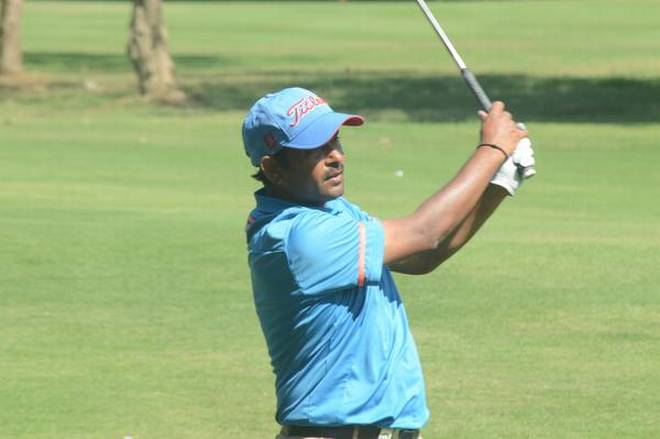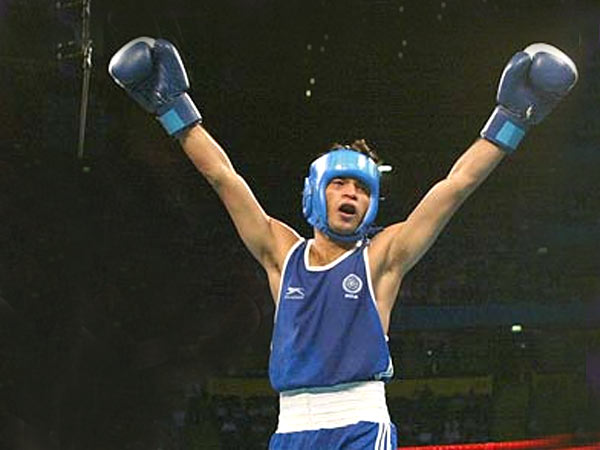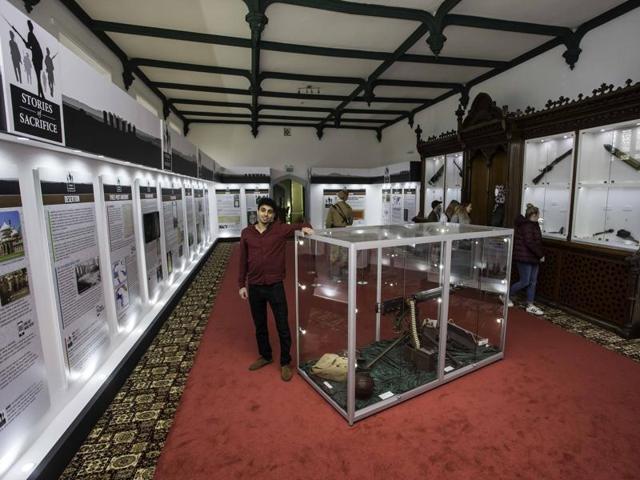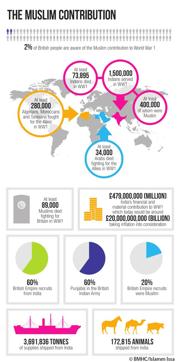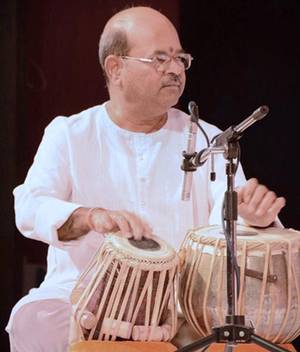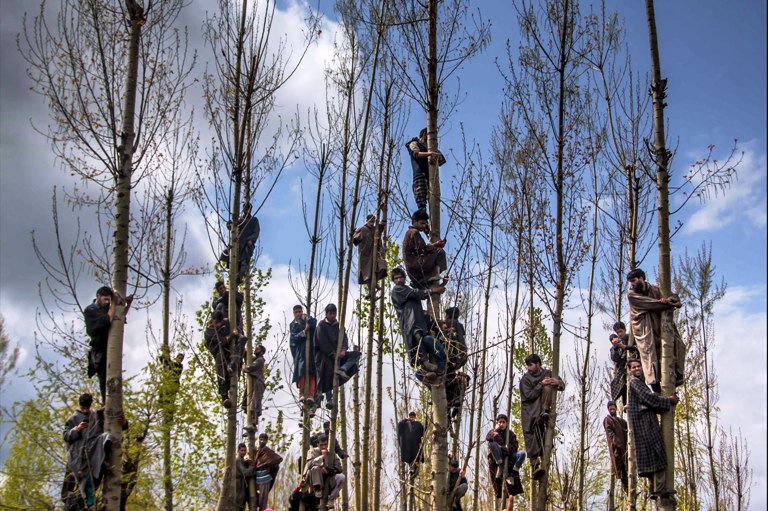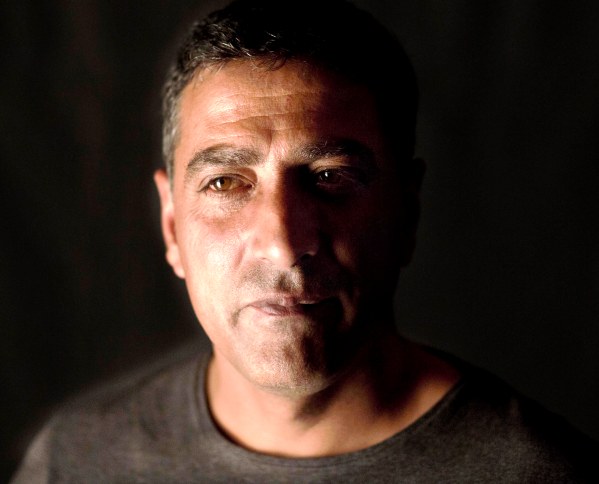(Muslim Womens participation in the upraising against English Colonialization efforts in India before 1947)
DR. DARAKHSHAN ANJUM opens a window to the invaluable contribution the Muslim ladies made to the freedom struggle.We always talk about the role of men in the war of independence, but have we ever thought about the great role played and responsibility shouldered by women? Were Muslim women, who used to stay within the four walls and behind the veils and observe strict purdah, so powerful and energetic to help liberate the country?
When Shah Abdul Aziz Dehlvi proclaimed jihad against the British and in response to this call ulema and other people from all over the country joined him and obstructed the smooth sailing of the British, ladies were also not far behind. The teaching of Jihad took a concrete shape in 1857 and continued till India achieved freedom in 1947. Not only Muslim men but Muslim women also stood up against the British. The list of Muslim women who participated in the freedom struggle is impressive and not restricted to one type of activity. They encouraged their husbands, fathers and sons at home and themselves took all the household responsibilities on their shoulders in the absence of their men folk. They came out of their four walls and travelled from place to place to encourage people to strive for independence. They joined non-violent as well as violent movement against the foreign rule. These women were not only from educated and enlightened families but also from illiterate and rural areas.
Begum Hazrat Mahal, the wife of Nawab Wajid Ali Shah, took charge of the affairs of the state, after her husband was exiled to Calcutta. She worked in close association with other leaders of India’s first war of independence. She besieged Sir Henry Lawrence and other officials in the residency. She shot dead Sir Henry Lawrence. Although General Havelock came to help the English troops, yet he failed in the mission. After some time Sir Campbell became successful in recapturing Lucknow. The Begum was forced to retreat. She turned down all offers of amnesty and was prepared to escape rather than being caught by the British troops.
Bi Amma (Abadi Begum), the mother of Shoukat Ali and Mohammad Ali also played a vital role in the independence struggle. When, in December 1921, Mohammad Ali and Shaukat Ali were arrested by British troops, she received this news very patiently. And when the rumour spread that Mohammad Ali would be released from jail after amnesty, she said with utmost confidence in her tone, “Mohammad Ali is a son of Islam and he can’t even think about begging forgiveness from the British. If he does so then my old hands have enough strength to strangle him.”
Ghandhiji said that she was an old lady but had the energy of a youth. She was restless to see the country free from the foreign yoke. She herself used to spin cloth for her own use and convinced people to use Khadi. She tried hard for Hindu-Muslim unity and that to her was almost a part of Iman.
Mrs. Zubaida Daoodi, wife of Maulana Shafi Daoodi fought gallantly against the British and joined non-cooperation movement. She collected the clothes of her husband, relatives and others and burnt them at the Congress office. She became the leader of the people who collected foreign clothes from door to door. She participated in all public gatherings and organised meetings to inspire women to participate in freedom struggle. When the students left government schools and colleges to support non-cooperation movement, Maulana Shafi Daoodi started a school for such students and Begum Shafi Daoodi looked after food and other facilities provided for these students.
Azizan, another freedom fighter, was born in Lucknow in 1832. It is said that she lived with Umrav Jan in Sarangi Mahal. On June 4, 1857 when Nana Sahib called Hindus and Muslims to get united for the cause of freedom and join him, she left home and joined the freedom movement. She organised a battalion of women. She was skilled in the art of war and taught other women how to use arms. She collected information about the British and passed it on to the freedom fighters. She was caught and brought in front of General Havelock who offered to forgive her if she confessed all her faults but she rejected the proposal and preferred martyrdom.
Amjadi Begum (wife of Maulana Mohammad Ali Johar) belonged to a renowned family of Rampur. She followed Maulana Johar’s philosophical and political principles. She accompanied the Maulana in every journey, meeting and other activities. She collected money for Satyagarah and Khilafat fund and bore all expenses of Mahatma Gandhi’s travel to introduce him to public.
Sadat Bano Kichlew was the wife of Dr. Saifuddin Kichlew. She was well versed in Urdu and Persian and compiled many patriotic poems and articles to encourage people. That was the period when it was rather difficult for the Muslim woman to express her thoughts and views in writing. When Dr. Kichlew was arrested in 1920, she said, “I feel proud that he got prison for his service to nation. To give one’s life for this cause is as if one has gained thousand lives.” She also participated in civil disobedience movement and served ‘Swaraj Ashram’ founded by Dr. Kichlew as its chairperson.
Zulekha Begum (wife of Maulana Abul Kalam Azad) was a very courageous woman. She faced financial problems many times because of the Maulana’s participation in the freedom struggle but did not disturb him at all.
When, in 1942, the Maulana got one year’s imprisonment, she wrote to Gandhiji, “My husband has got one year imprisonment. That is less than our expectation because if it is the result of his devotion to the nation then he did not get justice; it is less for his eligibility. From today, I will look after the whole work of Bengal Khilafat Committee.” What a courageous person! Although she was not quite healthy at that time yet she not only bore the news of her husband’s imprisonment with utmost patience but decided to join the freedom movement actively.
Nishat un Nisa Begum (Begum Hasrat Mohani) was also an active participant of this movement. She came into the political and public arena after April 13, 1916, when Maulana Hasrat Mohani was taken into custody for the second time. She was public relations officer of her husband and looked after all the cases of the Maulana in the British courts. She was not only a devoted wife but also a patriotic woman. She took part in all meetings with Maulana Mohani. Although she was financially weak but not ready to accept monetary help from others. She managed all expenses of household and travelling with the income incurred from the sale of books and magazines. She represented Congress Subject Committee in 1921 with Begum Khursheed Khwaja (wife of Abdul Hamid Khwaja). They joined Swadeshi movement and helped Maulana Mohani to establish Khilafat Store in Aligarh. Begum Khursheed started editing a monthly magazine Hind when Khwaja Hamid was sent to jail. She also took charge of Jamia Millia Islamia in the absence of Khwaja. She established Hamidiya Girls Secondary School in Allahabad in 1930 (presently this institution is a degree college).
Razia Khatoon (daughter of Nasiruddin) was the first Muslim lady of Bengal who stood up against the British. She was arrested and sent to Kalapani where she took her last breath. Akbari Begum was the mother of Barrister Asif Ali. She inspired Muslim women through her speeches to join the non-cooperation movement. In May 1920 she delivered a historic speech in which she said, “We should hold our religion firm and socially boycott the people who oppose it.”
The history of Freedom Movement would be incomplete without mentioning the contribution of Asghari Begum (mother of Qazi Abdur-Rahim), of Thana Bhawan, Muzaffarnagar, who fought the British valiantly and was burnt alive when defeated. Similarly, Habiba and Rahimi (who also belonged to district Muzaffarnagar) obstructed the advance of English forces, were caught and hanged. Zehida Khatoon Sherwani (daughter of Muzzamil Khan Sherwani) wrote patriotic poems to encourage freedom fighters. Khadija Begum joined the non-cooperation movement and went from home to home to inspire women to wear Khadi, Muneera Begum (wife of Maulana Mazharul Haq), Amina Qureshi, Fatima Qureshi, Amina Tyabji (wife of Abbas Tyabji), Rehana Tyabji (daughter of Abbas Tyabji), Hamida Tyabji (granddaughter of Shamsuddin Taybji), Begum Sakina Luqmani (daughter of Badruddin Taybji), Fatima Taib Ali, Shafaat un-Nisa Bibi (wife of Maulana Habibur Rehman of Ludhiana), Safia Saad, Begum Kulsoom Siyani, Asmat Ara Khatoon, Sughra Khatoon, Bibi Amatul Islam, Fatima Ismail, Sultana Hayat Ansari, Hazra Begum, Zuhra Ansari also participated in the freedom struggle and made rich contribution in various ways. Some of them were imprisoned, fined and suffered for freedom movement and their contribution cannot be denied. It is estimated that about 225 Muslim women committed their lives to the Revolt but their role in the freedom movement has not been properly acknowledged by the historians. The great contribution of these ladies should be brought to the knowledge of the present generation and this would be the best way to pay homage to them.
source: https://www.facebook.com/notes/wake-up-women/role-of-muslim-women-in-freedom-movement/164987506883565/
